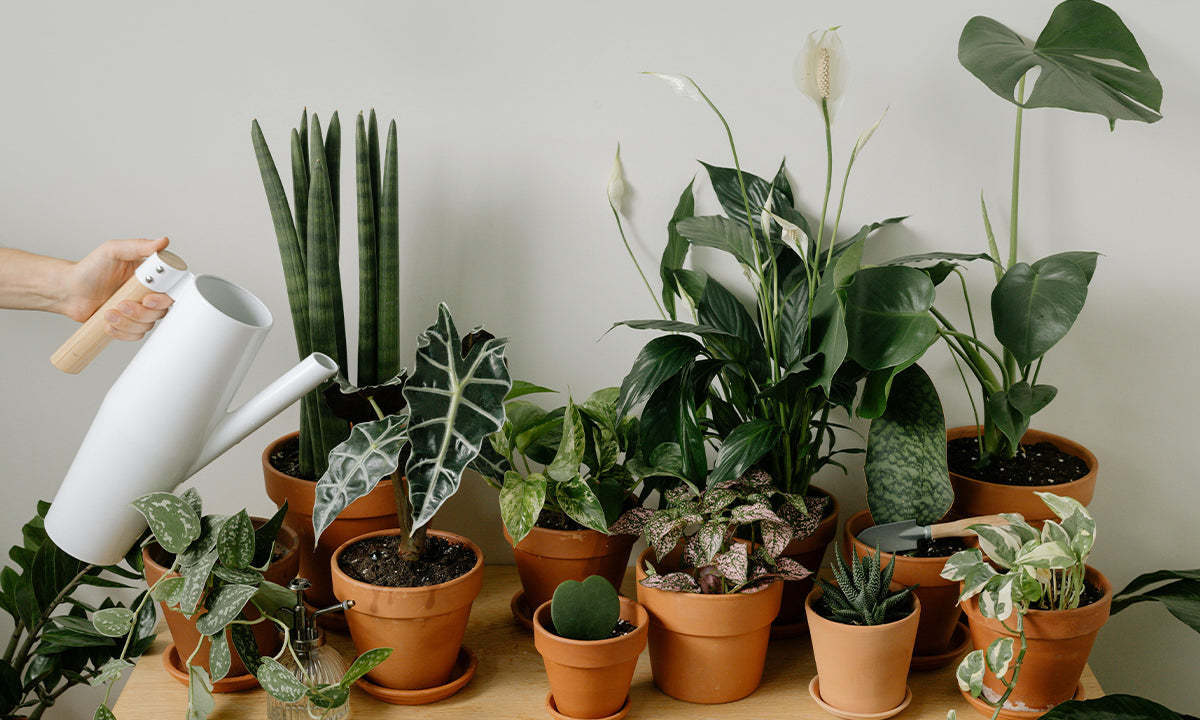
Winter Plant Care: How to Prepare Your Indoor Greenery
As the temperature drops and daylight hours dwindle, your indoor plants require extra care to thrive during the winter months. With the right preparation, you can keep your greenery healthy, vibrant, and ready to flourish when spring arrives. Here are some essential tips to help you prepare your indoor plants for winter.
1. Adjust Watering Habits
During winter, most indoor plants enter a period of dormancy and require less water. Overwatering can lead to root rot and other issues. To prevent this, check the soil moisture before watering—if the top inch of soil feels dry, it’s time to water. Always ensure proper drainage to avoid waterlogging.
2. Increase Humidity Levels
Indoor heating systems can significantly reduce humidity levels, which may cause your plants to dry out. To combat this, consider the following:
-
Use a humidifier to maintain consistent humidity levels.
-
Place a tray of water near your plants to increase moisture in the air.
-
Group plants together to create a microclimate with higher humidity.
3. Provide Adequate Light
Shorter days mean less natural light for your plants. To ensure they get enough light:
-
Move your plants closer to windows that receive sunlight.
-
Clean windows regularly to maximize light exposure.
-
Use grow lights to supplement natural light, especially for light-loving plants like succulents and tropical varieties.
4. Monitor Room Temperature
Indoor plants are sensitive to temperature fluctuations. Keep them away from drafts, heating vents, and cold windowsills. Aim to maintain a stable temperature range between 65-75°F (18-24°C), depending on the plant species.
5. Dust and Clean Leaves
Dust accumulation on leaves can block sunlight and reduce photosynthesis. Gently clean the leaves with a damp cloth to keep them dust-free. This not only helps your plants absorb light more effectively but also keeps them looking their best.
6. Prune and Inspect Regularly
Winter is a good time to prune dead or yellowing leaves and stems. Regularly inspect your plants for signs of pests like spider mites or fungus gnats, as they can become more prevalent indoors during colder months. Treat any infestations promptly with natural remedies or plant-safe insecticides.
7. Reduce Fertilizer Use
Since most plants grow more slowly during winter, they require less fertilizer. Over-fertilizing can lead to salt buildup in the soil, which may harm your plants. Pause fertilization or reduce it to once every 6-8 weeks until spring.
8. Repot Only If Necessary
Winter is generally not the best time to repot plants, as they are in a dormant state. However, if a plant is root-bound or showing signs of distress, carefully repot it into a slightly larger container with fresh soil.
9. Rotate Your Plants
To ensure even growth, rotate your plants every few weeks. This helps all sides receive equal exposure to light and prevents leaning or uneven development.
Final Thoughts
Caring for your indoor plants during winter may require some adjustments, but the effort is worth it. By following these tips, you can help your green companions thrive through the colder months and emerge healthy and strong when spring arrives. Happy planting!


